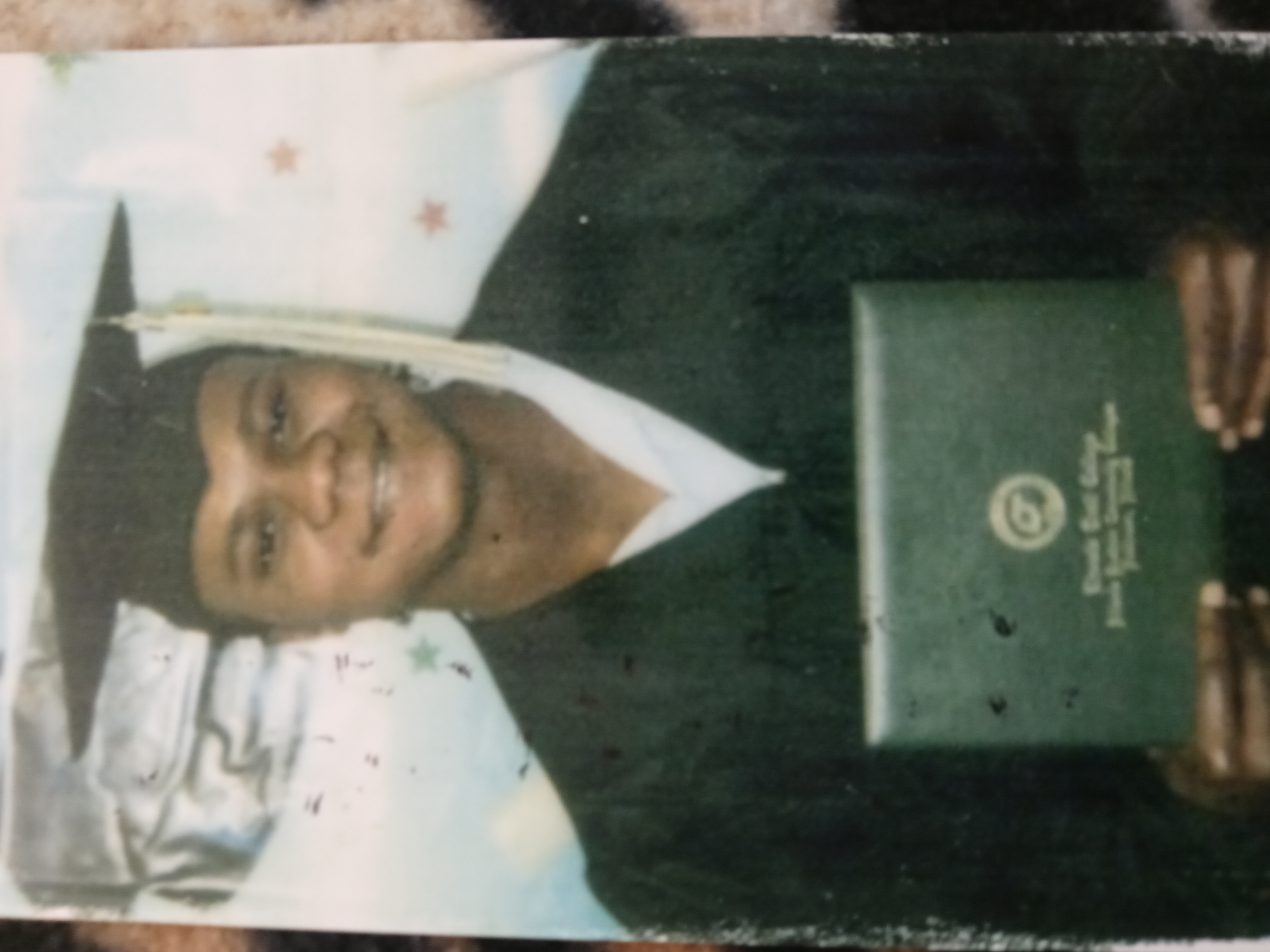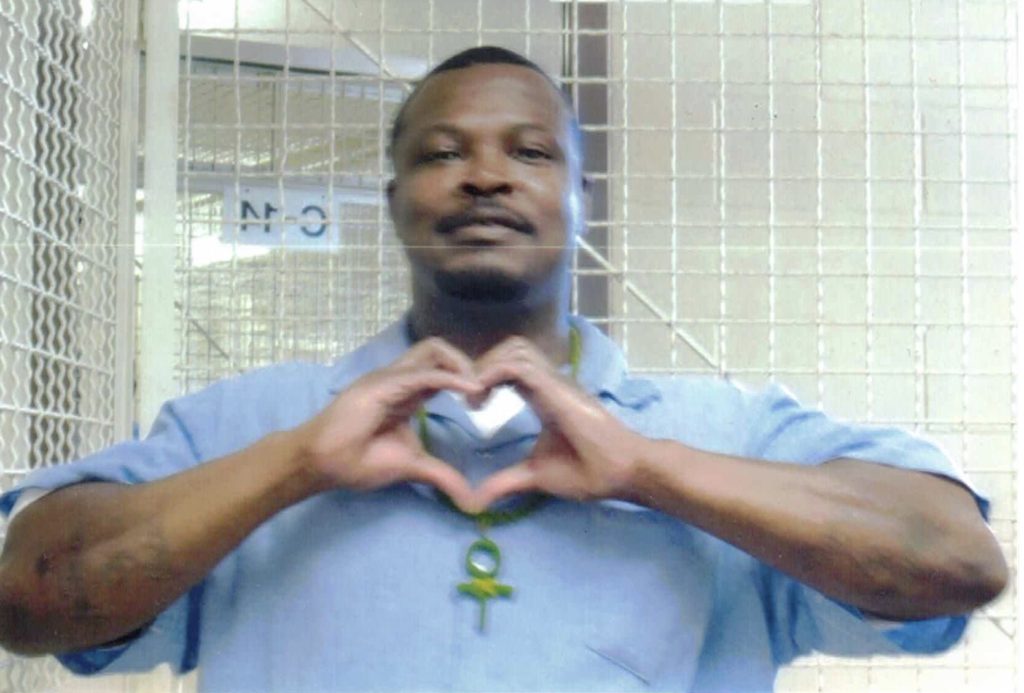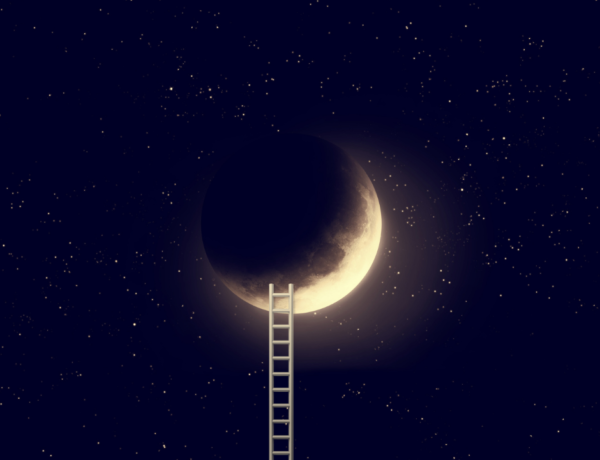The Perils of Innocence
By Samuel Richmond
As a youth everything is done with childish intentions, not aware of consequences. We see the world as our limitless playground, there isn’t such a concept as racial barriers, even when it is evident. My first encounter with such came in the early 1990’s, when we (four African American youth, not yet teenagers) crossed into Bridgeport, Illinois, where we were called the n-word, and chased in cars by white teens. If not for an elderly white gentleman I may not be relaying this story. The innocence of exploration became a sense of guilt, that I should have known not to go into that neighborhood. I never told my parents of the incident, fearful I would be punished for leaving our community.
Around this time, our fieldhouse shutdown due to lack of government funding. With this we lost our sanctuary, the place where we were learning social skills, playing checkers, chess, ping pong, and even resolving conflicts cordially. While inside the fieldhouse we became shielded from gang life, drug activities, and police brutality. Then it all came flooding in, and I wasn’t prepared to tread such torrent events. It forced me to see the reality we actually lived in, being poor, dismal, and fighting each other for scraps fallen off the table to the floor of the American dream. The dealers and bangers became our playmates wrestling with us. They’d even give us a dollar to get quart of juice, chips, and candy, they essentially became our role models. The police were just that, police. We’d see them catch a dealer who ran from them, beat them with the night sticks, and take them to jail. Some they let go, for reasons unbeknownst to us.
My friends and I were still trying to hold onto our youth, often playing basketball in the park. One of those faithful nights, guys rode up on bikes and started shooting at us. It seemed to happen in slow motion, and thankfully no one was hit, but we ran away for safety and got stopped by the police who snatched my brother up and slammed him against the car. One officer hit him, as we yelled, “He didn’t do anything! We were shot at!” The cops yelled at us to get the f**k back. Thankfully our parents came out to save us from the police. That’s the first time I saw someone I loved physically abused by authorities (I only saw the aftermath from when they beat my dad in the 80’s). I wondered how I could protect myself. I became affiliated. I started small bagging up drugs and doing security, watching out for police. Yet, when economic opportunity came on the form of a summer job, I took it. I felt proud to help my parents with that money, and the streets became less alluring for those months.
Life experiences came once again, while walking home from a friend’s house, the police came out of the gangway of the abandoned building next to our house. They stopped me, with guns drawn, searched me, and pulled me to the back of the abandon building. The male officer asked, “You got on this Texas longhorn jacket, you a fucking vice lord or something?” I only responded I didn’t do anything wrong. They never put their guns away and I knew what was next. By the grace of God after I closed my eyes my sister came running back, yelling “Ya’ll don’t have my little brother in the back of no fucking abandoned building!”
The male officer lied, “We caught him back here, and we were responding to shots fired.”
“They lying,” I told her, and she already knew, telling them they lied she’d been in the kitchen cooking and saw them bring me back there.
That day I seen the police as another gang in Chicago, no different than the rest of us. I developed a loathe for law enforcement seeing more and more brutality. I felt I always needed a gun on me. The police are crooks, and they have them. I was fourteen years old living this reality. By the age of sixteen my uncle tried to influence me by sending a book from Philly. Stolen Legacy was the title. But I was caught up in the streets, although it made little to no sense to gang bang. As I lost my friends to gun violence, we always claimed we were in war. Being tired of it, I would joke with my friends that I needed a day off from gang banging. The innocence of wanting to just be a kid weighed heavy against wanting to leave my friends by themselves in a dangerous environment. So, I stayed in the game, although I was tired of going to jail, shooting, and being shot at, and the funerals. The funerals hurt more than anything else.
At the age of seventeen I was incarcerated for a violent crime. I thought I’d be sent to the juvenile center with kids my own age. The rude awakening was, as the state’s attorney informed me in court, that I was an adult at 17 in Illinois. My innocence thinking that a fair and impartial system would apply individually to me became a sense of guilt over not knowing American justice is a farce. Rarely afforded the poor, further hampered by prosecutorial misconduct, enabled by the judge. After an unfair trial where the Judge and state behaved like friends rather than agents of the state, I was remanded to the penitentiary. I had so many questions that were thankfully met by a few elders who had the wit and the books to help guide me. I would quietly listen their conversations as they spoke on African American plight in this country. How poverty was a weapon of targeted assault against minorities. They’d say if you don’t believe me, read such and such book. SoI started to read about Black wall street in Tulsa, Nat Turner, Malcolm X, and books by Kareem Abdul Jabbar. On the Shoulders of Giants, and Black Profiles in Courage. I reflected on how, while in the county jail, I asked one of the elders if we were supposed to be for the black people, poor people, and oppressed people, why were we fighting each other?’ He explained how political figures hands were just as dirty as ours.
I thought of seeing Rodney King beat, and Muhammad Ali stripped of his title as I experienced biased treatment as a minority at the hands of prison guards. I saw how the imperialistic mindset of those in power affected the powerless and the literacy test deprived our people of their vote, housing restrictions, economic inequality, and the truth in sentencing crime bill. Many of these decisions mean minorities and African American get more time for the same crime. I do not wholly blame the system, as we made the decision to play this game.
I know the innocence of thinking we’re accepted as a part of “we the people” will one day develop into a sense of guilt, and that as long as racial divides, criminal injustice, and economic disparities exist, we can want to be accepted but we never will be. Life experiences has shown such, and it is being displayed for the world to see that when America speak of equal rights, it carries no weight. I hope one day we will be gleaming example of such. Then our innocence will leave us nothing to be guilty of.

Samuel Richmond
My #Black Lives Matter Literature Must Reads
By Crandell Ojore Mckinnon
As I watch the Black Lives Matter Movement build and grow, take to the street, and open new dialogues, I am surprised to hear people in the movement express a lack of knowledge and awareness about this ongoing struggle that is now branded Black Lives Matter or Movement for Black Lives. The elders and adults recall the Civil Rights Movement; young adults and youth, have no reference to link to the Struggle, and many white allies of various ages are asking what they can do to not only foster change, but teach their children
I see one remedy to all this: education. An educated movement is a productive and accomplished movement. If we truly understand what we’re fighting. we can resolve this fight once and for all.
Bacon’s Rebellion (1676) was a moment in time when Blacks & Whites rose together, for equal rights. Frederick Douglass (1840s) is known as the Grandfather of the Civil Rights Movement. Surely, this is a point of reference of the age-old fight for Black Lives and Human Rights. Frederick Douglas’s white allies were William Llyod Garrison and the Abolitionist Movement; likewise, the Underground Railroad had a network of white allies. Even during the Black Power Movement, Blacks formed alliances with whites. The Black Panther Party for Self-Defense, Chicago Chapter, were in an alliance with the Young Lords (Latins) and Young Patriots (Confederate Flag wearing poor whites), which was the original Rainbow Coalition. I state all this to say, if we lack knowledge of the roots of the struggle, that is, one consistent fight and struggle for human rights for all within the United States, we the people open ourselves up to the divisive forces of the regime.
What can you do? Stand up for your rights, because your rights, are the shared rights of all United States citizens and we must call for, protest for, and fight for political change for those who will implement Justice for All Black People. We are not asking for special rights that usurp the Constitution as does the Law Enforcement Bill of Rights. We’re only asking for the shared Rights attributed to All U.S. Citizens.
What do you teach your children? That we are all human beings, who deserve
to be treated with dignity and respect; that those beliefs or convictions they hold dear, translates to your fellow citizen; and we all have an obligation to combat injustice. Treat others as you want to be treated. Most importantly, if you desire for your children to view other people with respect and dignity, give them or read to them children’s books from other cultures.
With that, I offer you the adult, literature, that will expand your knowledge and make you aware of this ongoing struggle, and why we must Fight for Black Lives to Matter.
“Open your mouth, judge righteously defend the rights of the poor and needy.” – Proverbs 1 :9
Recommended Why Black Lives Matter Literature:
- Negro Slave Revolts – Herbert Aptheker
- The Cress Theory of Color confrontation Racism – Dr. Francis Cress Welsing
- The Cross and the Lynching Tree – Dr. James Cone
- White Too Long: White Supremacy in American Christianity – Robert P. Jones
- Medical Apartheid: The Dark History of Medical Experimentation in Black America During Colonial Times to the Present – Harriet A. Washington
- White Trash: 400 Year Untold History of Class in America – Nancy Isenberg
- To Protect and serve: Breaking Ranks – Norm Stamper
- Police State: How American Cops Get Away with Murder – Gerry Spence
- Set Our Warriors Free: The Legacy of the Black Panther Party Political Prisoners – Dr. Akinyele Umoja
- Wilmington ‘s Lie – David Zocchino
- Black Wall Street – Hannibal Johnson




No Comments